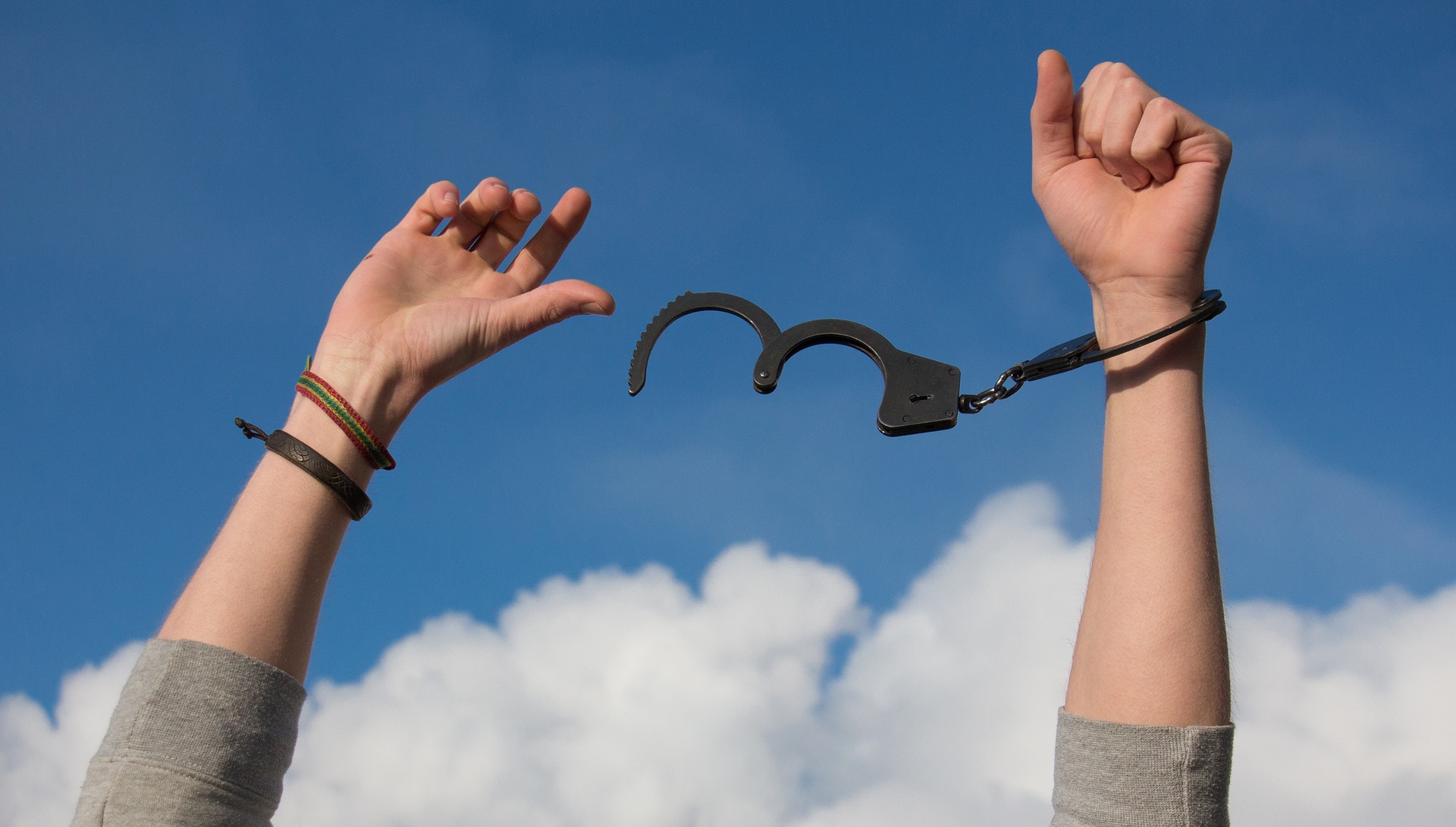You may sometimes hear that prior to a court case someone has been released on bail leading to the question ‘What is bail bond?’. When someone is arrested for a crime, they may be held in custody until their court date, depending on their circumstances. A judge may release a person from jail immediately (referred to as ‘on their own recognizance’) which means that the judge believes they will attend their court date. In other cases a person is released on bail.
The term ‘bail’ refers to an amount of money set by the judge that the defendant must pay before they can be released. This acts as insurance for the court that the defendant will attend their court date – if they do not they forfeit the money. Defendants have the option to pay the bail amount set by the court in cash, but many cannot do this. This is because bail is usually set at a high amount to discourage the defendant from not appearing for his court date. Most defendants that do not have sufficient means to post bail seek the help of a bail bondsman or agent, who pays the bail amount for them.
The bond is a type of surety that is provided through a bail agent or bail bondsman that enables the release of a defendant from jail once it has been paid. There are two types of what is bail bond:
• Criminal – these types of bond are used in criminal cases to guarantee that a defendant will appear for trial when required by the court. It also guarantees the payment of any fines or penalties that are levied against the defendant by the court.
• Civil – these types of bonds are used in civil cases to guarantee the payment of a debt, including interest and costs, that are assessed against the defendant by the court.
The judge in the court case sets a bail amount. Where the defendant cannot pay the bail amount they can seek help from a bail bondsman that will provide the funds required. To post bail with the court the defendant is required to pay the bail bondsman 10% of the bail amount.
The bail bondsman will then secure the rest of the amount in the form of collateral. Where the defendant does not have enough collateral, the bail bondsman may ask relatives and friends to assist in covering the bail amount.









